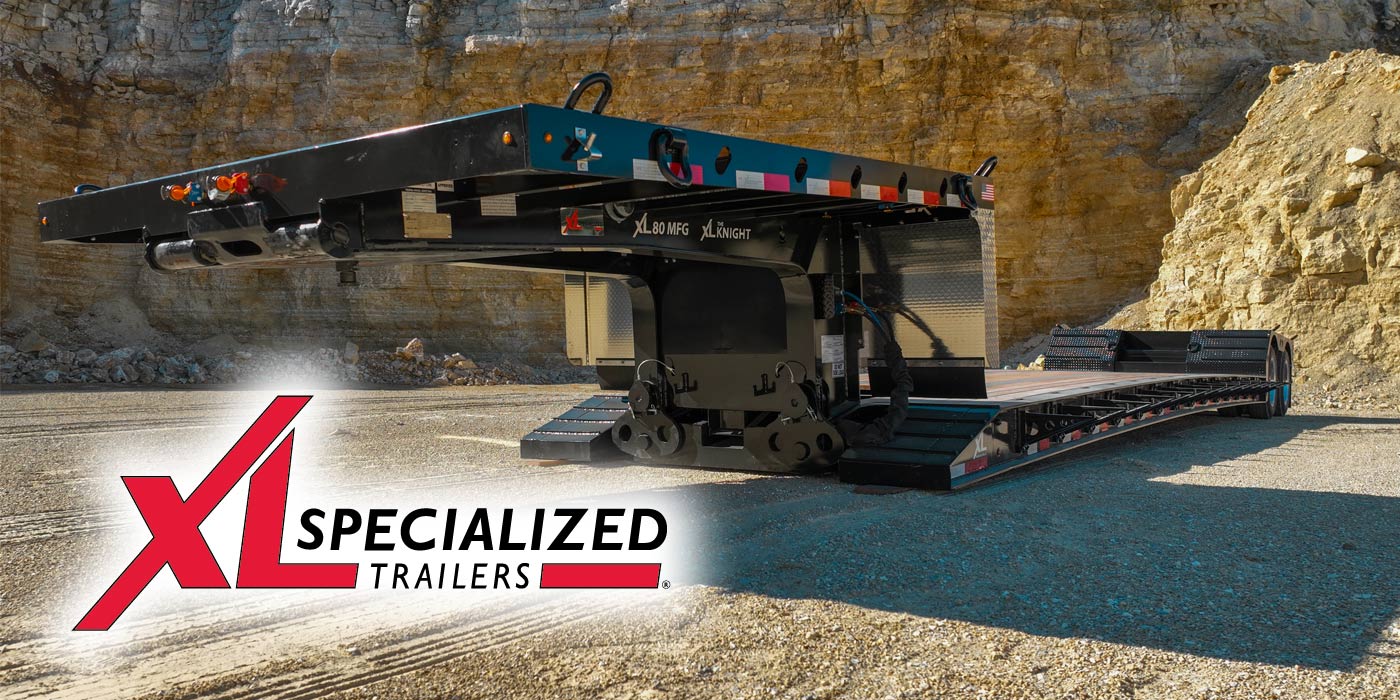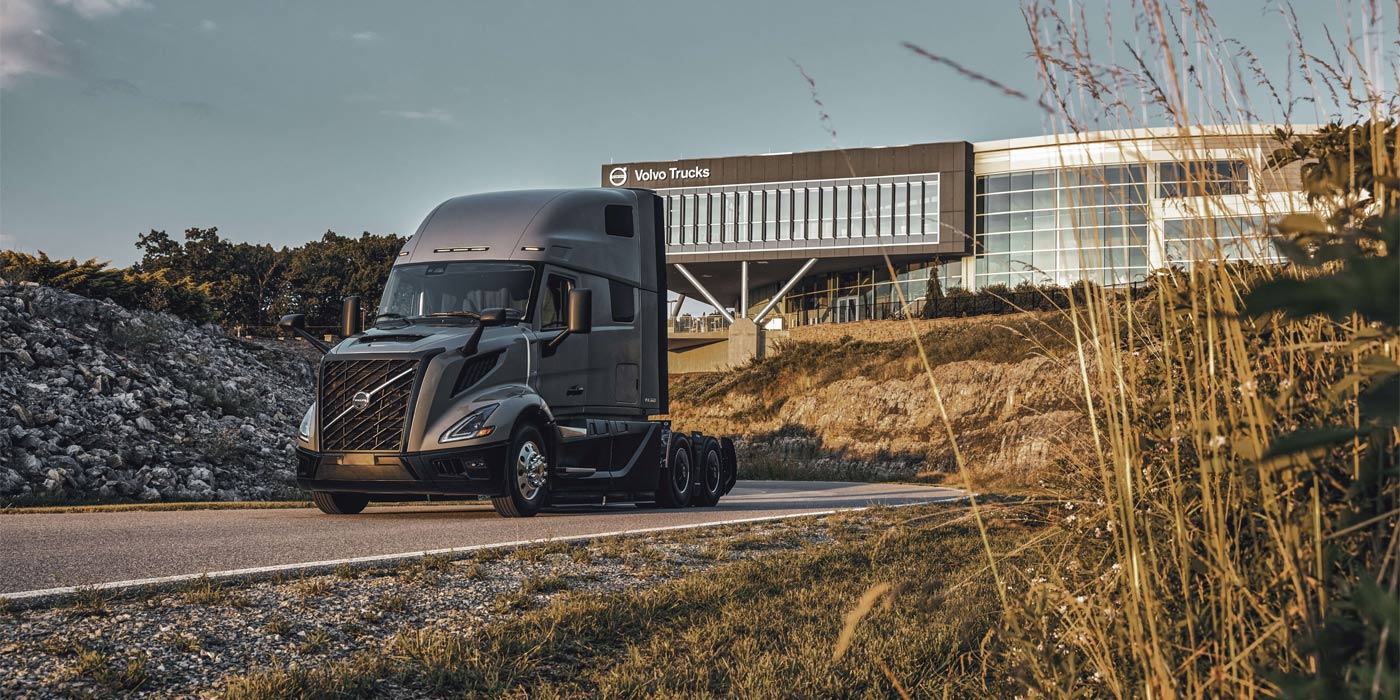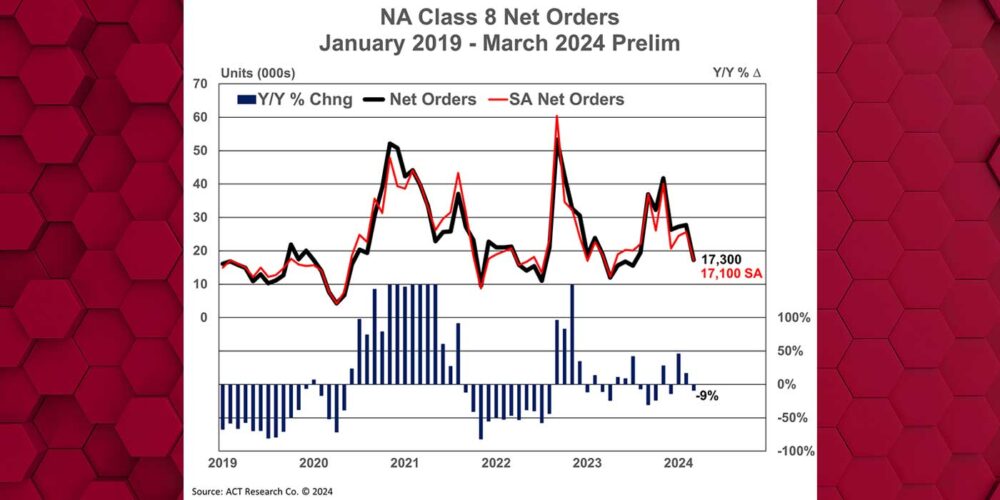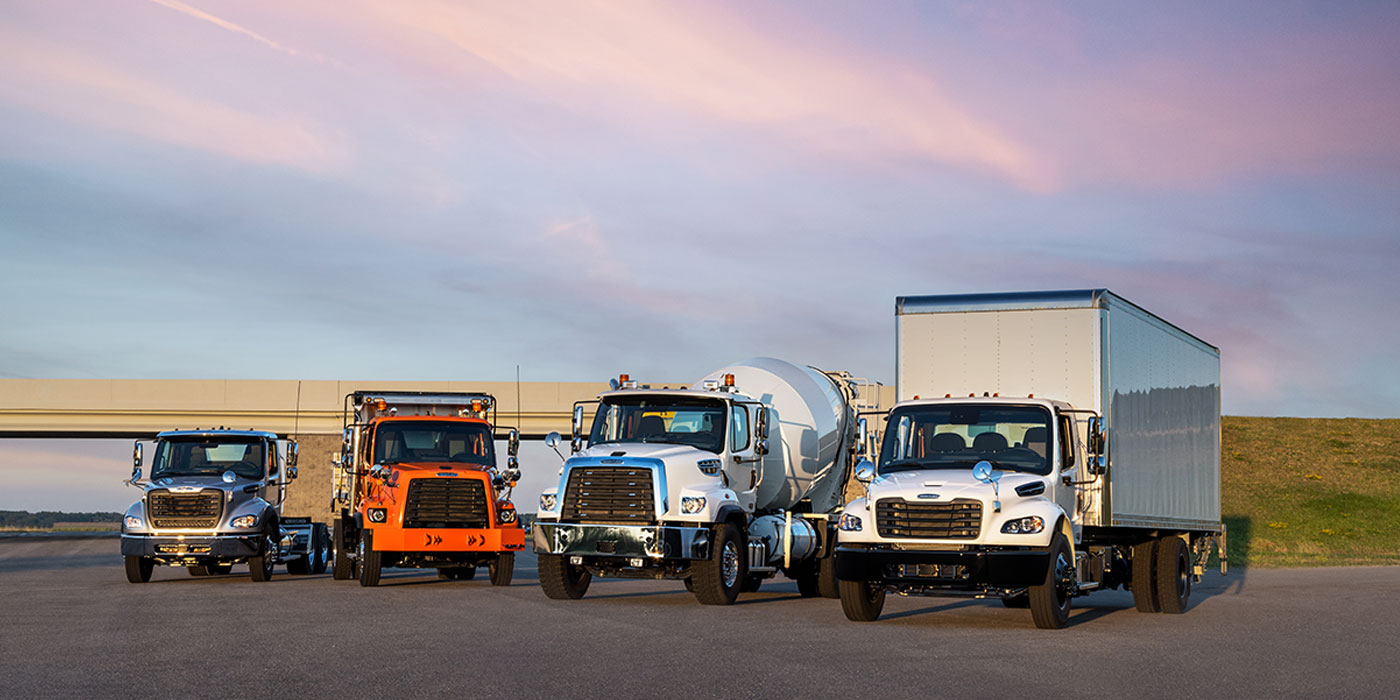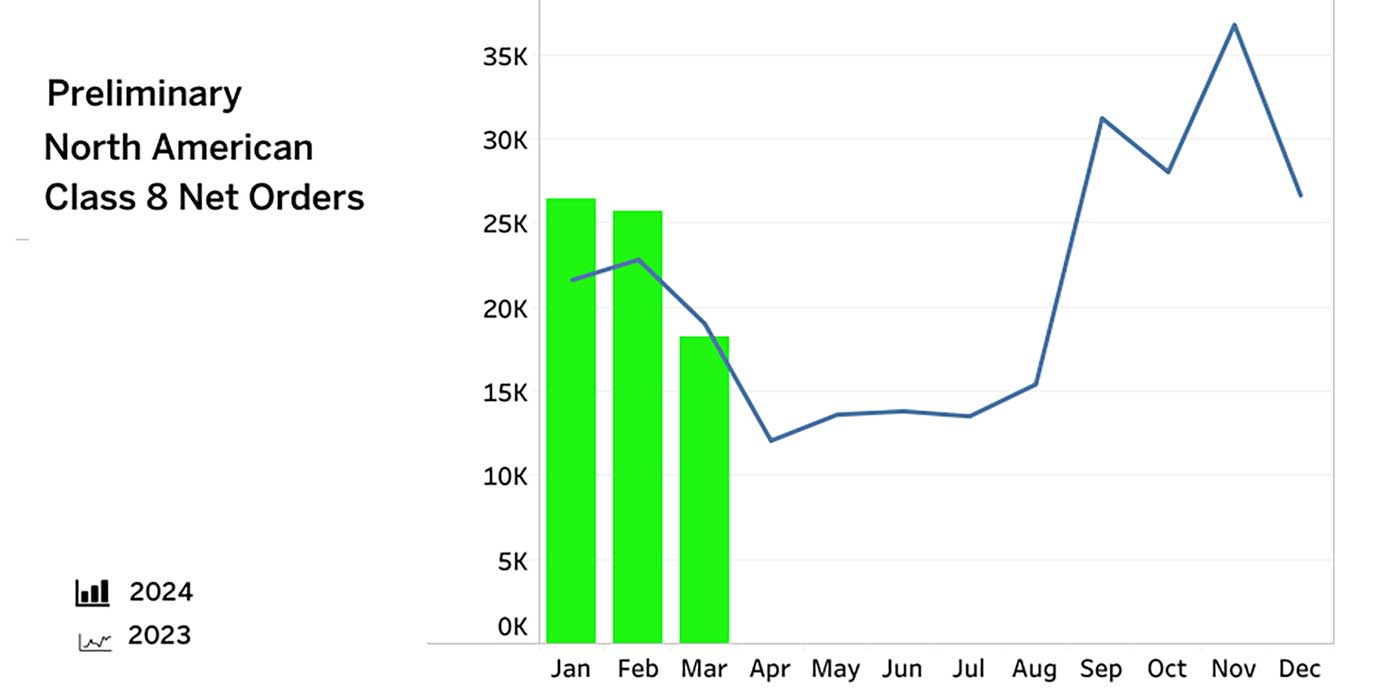Truck fuel efficiency is no simple matter with many factors to consider. Some of them are out of fleet managers’ control such as weather, traffic or required routes, but many factors can be controlled, like powertrain specifications, vehicle aerodynamics and driver training. Proper maintenance can also positively impact fuel economy.
Industry research shows that proper maintenance of your truck and engine can contribute significantly to improved fuel economy. In fact, regular maintenance can increase fuel mileage by up to 5%, according to Mitchell 1. Good fuel economy requires properly maintained fuel, air intake and lubrication systems, as well as properly inflated tires, correctly aligned wheels and properly adjusted brakes.
Maintenance requirements vary for each vehicle and engine manufacturer; so, it is critical to have the proper maintenance information available. One source for this information is Mitchell 1’s TruckSeries software, a single application that provides maintenance requirements and specifications for commercial vehicles, along with associated troubleshooting and repair information. Below are some factors that affect fuel economy and examples of service information that can help you keep your vehicles operating at peak efficiency.
- Climate control: Air conditioning compressor usage accounts for approximately half of total engine cooling fan engagement time. Air conditioning operation increases fuel consumption because engine power is required to operate both the air conditioning compressor and the engine cooling fan.
- Tire inflation: Fuel mileage is adversely affected by underinflated tires. In addition to fuel savings, properly inflated tires are safer and result in extended tire life.
- Lubricants: Engine, transmission and axle oils with the proper viscosity also contribute to fuel economy. Using oils with too-high viscosity can increase the energy required to pump the oil through the lubricating system and result in internal viscous friction loss.
- Wheel alignment: Properly aligned axles reduce fuel consumption and extend tire life by reducing wear.
- Charge air cooler: Charge air cooler leaks result in loss of turbocharger boost, reducing engine operating efficiency, which results in increased fuel consumption.
- Engine maintenance: Engine valves in proper adjustment and properly operating engine control systems contribute to good fuel economy. This includes performing overhead adjustments at proper intervals, as well as troubleshooting and repairing causes of any illuminated malfunction indicator lights.
This article was contributed by Curt Bogert, senior technical editor for Mitchell 1’s Commercial Vehicle Group. You can read more at the Mitchell 1 ShopConnection Truck blog.


